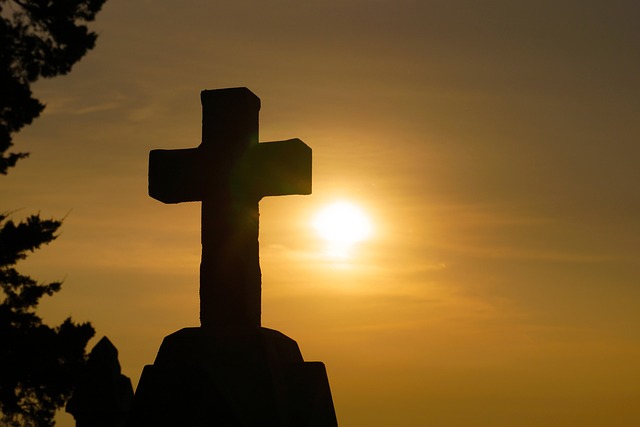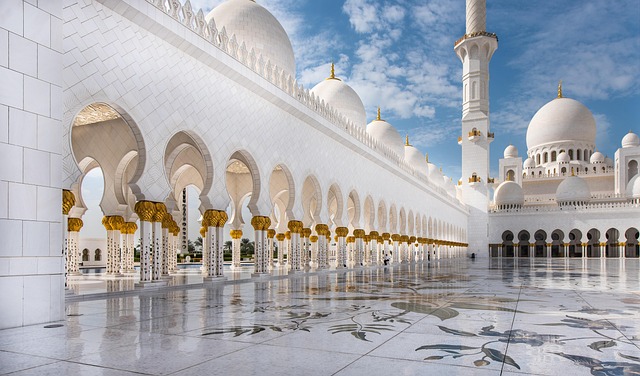Exploring the Intersection of Spirituality and Religion
In today’s fast-paced world, where distractions abound and the quest for meaning often feels elusive, many individuals find themselves turning inward, seeking the deeper significance of their lives. This journey often leads us to the realms of spirituality and religion, two entities that, while distinct, frequently intertwine in unexpected and profound ways.
At its core, spirituality is a personal journey—a deeply individual experience that transcends dogma or institutional boundaries. It invites us to explore our consciousness, connect with the universe, and understand our place within it. Some may find clarity in meditation, nature, or mindfulness practices, while others may engage through creative expressions like art or music. This expansive notion of spirituality encourages us to seek personal truths, often allowing us to feel a profound sense of interconnectedness with all living beings.
On the other hand, religion often provides a structured approach to spirituality, offering rituals, community, and shared beliefs. It exists as a framework through which millions find solace in collective worship and the teachings of sacred texts. Whether it’s Christianity, Islam, Buddhism, or Hinduism, each tradition offers a tapestry of narratives, values, and practices designed to guide followers towards a moral and ethical life. For many, this structure can bring comfort, providing community support and a shared space to explore existential questions.
The intersection of spirituality and religion becomes particularly fascinating when one considers that spirituality can flourish within religious contexts, while also critiquing and challenging them. Consider, for instance, the way mindfulness practices rooted in Eastern traditions have made their way into Western lifestyles, often devoid of religious context. Many find themselves drawn to practices such as yoga and meditation, experiencing a sense of spirituality that resonates with their personal journey, even if they do not adhere to the religious aspects they originate from.
Conversely, within traditional religions, there exists a robust tradition of mysticism. Figures like Rumi in Sufism or the mystical traditions of Kabbalah reveal that profound personal experiences of the divine can exist alongside institutional belief. These mystical experiences often emphasize love, unity, and the boundless nature of existence, resonating with core tenets of spirituality.
This blending of spirituality and religion can sometimes ignite inner conflict. Individuals may feel torn between the rigid boundaries of organized practices and the fluid, often chaotic nature of personal spirituality. Questions arise: Is it possible to maintain one’s religious identity while exploring personal spiritual beliefs? How do we navigate traditions passed down through generations while honoring our unique experiences? These questions prompt deep reflections and sometimes uncomfortable but necessary evolutions of thought.
Furthermore, the rise of interfaith dialogues and the increasing openness to diverse spiritual expressions reflect a growing acceptance of this intersection. More individuals are actively seeking out conversations that bridge traditions, fostering a deeper understanding of both spirituality and religion. Communities that embrace this dialogue can create spaces for inclusive practices that honor both collective and personal experiences, paving the way for a harmonious coexistence of multiple paths toward enlightenment.
As we navigate the complexities of life, it becomes crucial to honor both our spiritual journeys and the rich traditions that have shaped us. In understanding the dynamic interplay between spirituality and religion, we can uncover deeper layers of meaning, fostering connections that nourish our souls and celebrate the diverse tapestry of human experience. No matter where we find ourselves on this spectrum, the journey itself offers a profound opportunity to explore, reflect, and ultimately connect with something greater than ourselves.


